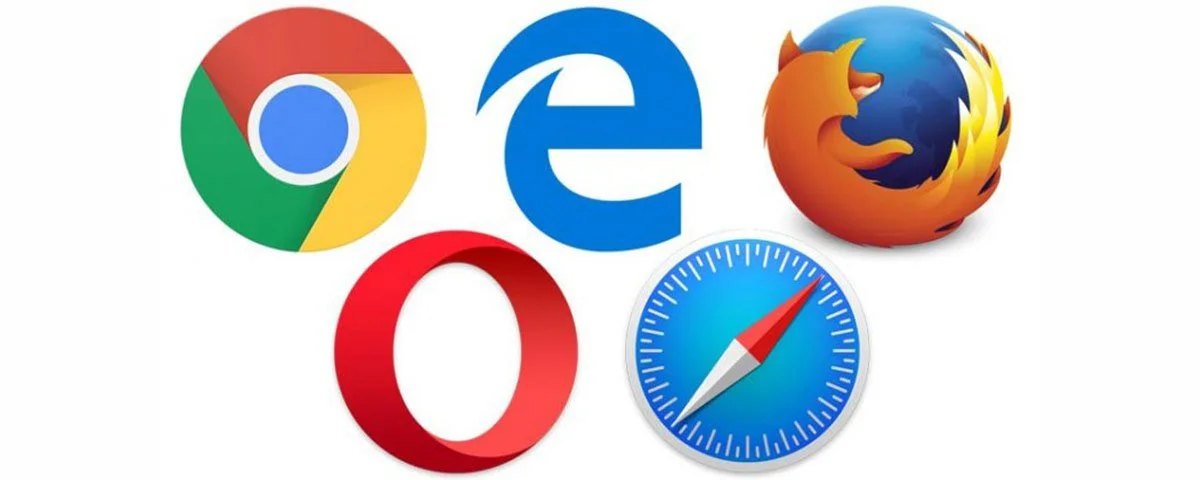Apple's new operating system, Sonoma, is here. My advice: avoid it at all costs, at least for now. I've seen two machines running Sonoma so far, and both have had huge issues with iCloud: login and syncing. Either stay where you are, or choose to upgrade to Ventura.
Reach out if you have questions or need help!
Those pesky hackers are at it again.
Every day, hackers are getting more sophisticated and sneaky. It used to be that you might get popups or phone calls telling you your computer has been affected (Apple and Microsoft would NEVER call you about something like this), and yes, these scams are still out there.
But now, I hear that "banks" are calling people to tell them their account has been hacked and that during this phone call, the caller can "help move the money to a more secure account".
If you ever get a call like this from what sounds like your bank, simply respond with "Thanks, I'll look into this after my appointment that's starting in 5 minutes." Hang up, call your bank (or stop in), and mention the phone call. If there was a caller ID number associated with the call, give that to your actual bank representative. In addition, the FBI wants to know details about these calls, and you can report them by caling (202) 324-3000, or online at tips(dot)fbi(dot)gov.
There are more things you need to update today! Like, right now.
Yesterday, I announced that your web browsers need to be update for a “zero-day” vulnerability (meaning it’s important). Hackers know about this vulnerability and are taking advantage right now. Here are the things you need to update right away, in addition to your web browsers.
Adobe
Read about and download the patch here to fix the zero-day vulnerability in Acrobat and Reader.
- Open Acrobat Reader, go to Help > Check for Updates and install now, or download the full Acrobat Reader installer.
- If you're using Acrobat Pro, you can launch Adobe Creative Cloud to find the update for that.
Google
Your Chrome browser should automatically check for updates and install them after a restart. The key here is that you need to quit Chrome completely, then relaunch it to apply the update. To make sure Chrome is up to date, click the three dots in the top right corner, then Help > About Google Chrome. Or, you can download a new copy of Google Chrome right here.
iOS for Apple iPhone and iPad
These devices need to be running the latest version of iOS 15.7.9 or iOS 16.6.1.
- Go to Settings > General > Software Update. Install now.
macOS for Apple computers
Apple also released security updates for its three latest operating systems, macOS Big Sur 11.7.10, macOS Monterey 12.6.9, and macOS Ventura 13.5.2. Any system older than these (not listed here) are no longer supported and should be upgraded. Reach out to me if you need help or guidance.
- In Big Sur and Monterey, click the Apple menu > System Preferences > Software Update. Install now.
- In Ventura, click the Apple menu > System Settings > General > Software Update. Install now.
Microsoft
The September 2023 Windows security update includes fixes for 59 known issues, like security bypasses and information disclosure vulnerabilities, and patches for two zero-day flaws.
- Go to Start > Settings > Windows Update > Check for updates. Install now.
Android
- Open Settings > System > System update.. Install now.
Critical security announcement: Update your web browser today!
Chances are you are using one of the four top web browsers to visit websites: Firefox, Chrome, Safari, and Edge. You need to update these browsers today (and any other browser you use), as patches were released to protect from a zero-day vulnerability that was discovered yesterday. As stated by Techmonitor, “As the flaws allow attackers to remotely run commands on targeted computers, this could lead to organizations experiencing data breaches or having their systems held for ransom.”
Instructions for updating each browser can be found in the links below. Let me know if you need help!
Google Chrome
Apple’s Safari
Mozilla Firefox
Microsoft Edge (for Windows)
The term "zero-day" refers to the fact that the vendor or developer has only just learned of the flaw – which means they have “zero days” to fix it. A zero-day attack takes place when hackers exploit the flaw before developers have a chance to address it.



